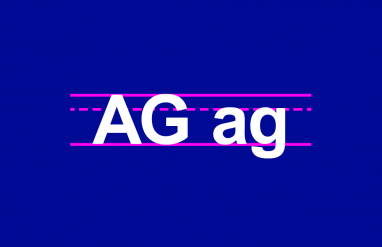Finding the right words
Childhood is one big whirlwind of emotions. From toddler tantrums to teenage angst, kids experience highs, lows, and countless other feelings in between.
One of the best ways to help them manage all these emotions is to teach kids how to identify and express those big feelings by giving them the right words to do so.
Learning unique words that help describe what may seem like indescribable feelings can help little ones communicate better as well as cultivate empathy. Learning how to use words as expression allows children to understand what others are going through and helps them express themselves too.
To spark those emotional conversations, we’ve identified 10 big feelings that kids may be struggling to describe. At Dictionary.com, words are our thing, so of course we’ve found plenty of options for your kiddos to use in these emotional moments.
























